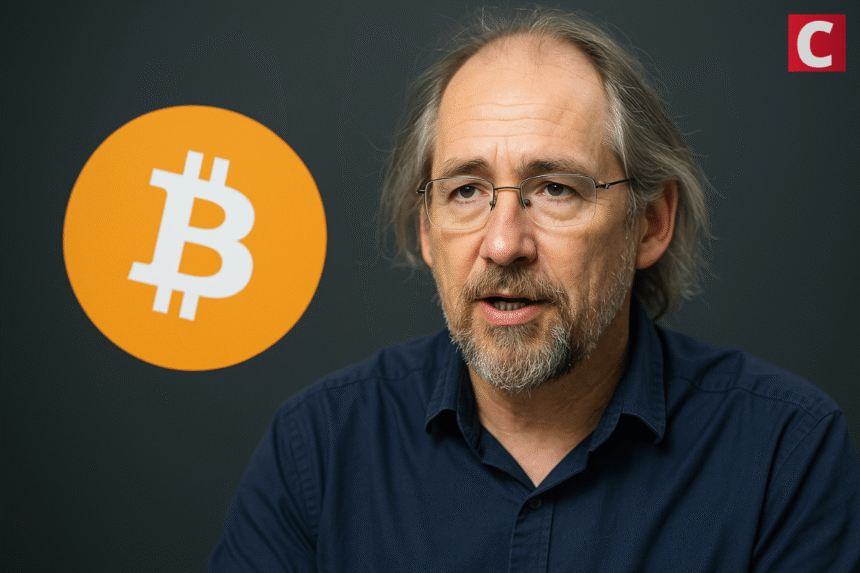In a recent discussion, Adam Back, the CEO of Blockstream, has voiced his strong opposition to the increasing criticism aimed at Bitcoin’s peer-to-peer (P2P) node network. He emphasized that diminishing the decentralization aspect of these nodes could pose a significant threat to the fundamental sovereignty that Bitcoin was originally created to uphold.
Back’s comments were sparked by ongoing debates concerning the governance of Bitcoin and the software that powers its network, specifically Bitcoin Core. He asserted that maintaining decentralized and anonymous P2P nodes is crucial for protecting individual sovereignty and argued that the principle of decentralization is supported by extensive historical evidence and legal precedents.
In a post on X, Back stated, “Those who refuse to learn from history are doomed to repeat it,” underscoring the necessity of historical awareness in decision-making within the blockchain space. He cautioned that compromising the integrity of P2P systems could lead to a “slippery slope” towards centralization, which ultimately jeopardizes the long-term security and stability of the Bitcoin network.
The discussion surrounding the P2P nodes has been exacerbated by a growing dissatisfaction with Bitcoin Core developers. Critics have accused these developers of centralizing control and overriding user preferences, which Back refuted, highlighting the diverse support system that underpins the Bitcoin ecosystem—comprising nonprofits, volunteers, and contributors from across the globe.
Back stressed that any alterations made to the existing system should prioritize safety over public sentiment or political motives. His concerns echo a similar outcry from the community following a proposal presented by Bitcoin Core developers earlier this year, which sought to change the way the network handles transaction data through an adjustment to OP_RETURN. This proposal faced backlash from industry leaders, including Charles Hoskinson, founder of Cardano, who articulated concerns that such changes could lead to slower transaction times and increased blockchain bloat.
In the context of ongoing developments in the crypto landscape, a recent initiative by PayPal was also noted, introducing a feature for instant P2P payments that promises crypto integration for Bitcoin, Ethereum, and PYUSD in the near future. The interplay between traditional financial services and the rapidly evolving crypto market continues to intrigue observers, as solutions like those offered by PayPal further blur the lines between fiat and digital currencies.
As the conversation around Bitcoin’s governance and infrastructure evolves, Back’s warnings serve as a reminder of the delicate balance required to maintain the foundational principles of decentralization that have defined Bitcoin since its inception.






